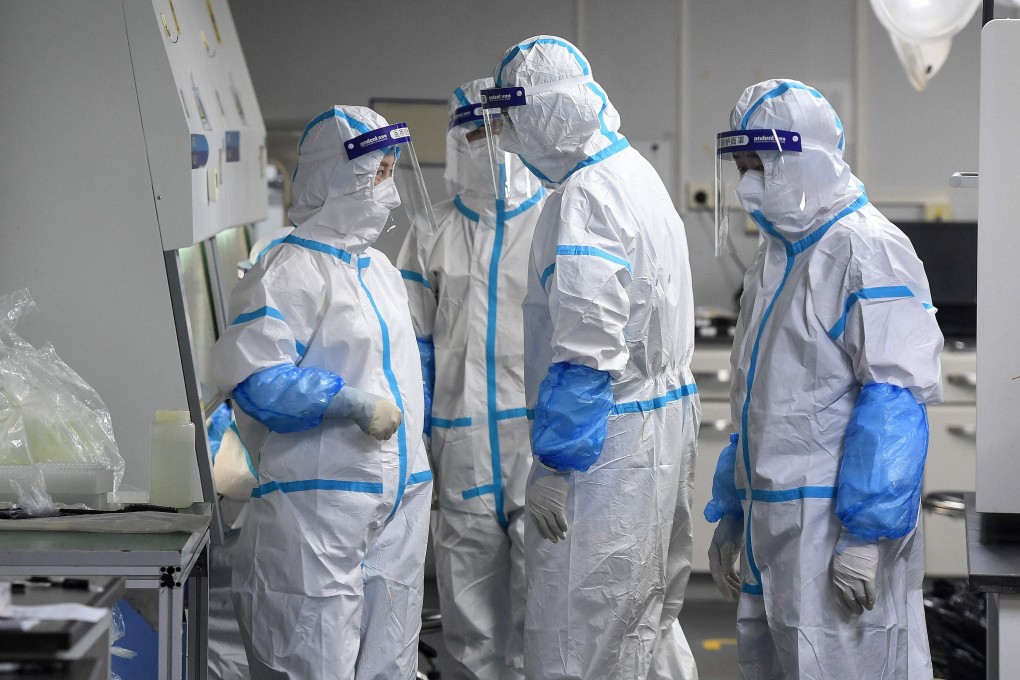Delta variant’s global spread raises question: will Covid-19 become more infectious?
- Past pandemics offer potential scenarios for Covid-19’s trajectory, but scientists are divided on the threat posed by emerging variants
- No new strain has yet rendered existing vaccines ineffective, however, and high inoculation rates are still seen as key to a global recovery

Scientists widely agree that new mutations of Sars-CoV-2 are likely to emerge as time goes on, bolstering a roster of Greek letters that already includes Alpha, Beta, Gamma and Lambda.
The question is whether the virus behind the worst pandemic in a century will evolve to become more or less threatening in terms of its harmfulness to human health, contagiousness and resistance to vaccines.
Although the history of past viruses offers potential scenarios for the current pandemic’s trajectory, there is no firm consensus on the threat posed by emerging variants. Experts widely agree that Sars-CoV-2 will continue to circulate in some form or another for years to come, but there is no way of knowing exactly how it will evolve, and not all mutations are necessarily more dangerous or concerning.
“Sars-CoV-2 variants are bound to emerge, but not all mutations will have negative public health impact,” said Yvonne Su, an assistant professor at Duke-NUS Medical School’s Emerging Infectious Diseases Programme in Singapore. “It is important to monitor and assess emerging variants as some of them could lead to increased risk.”